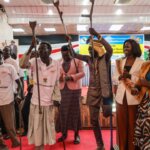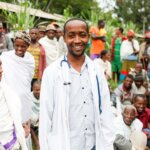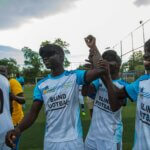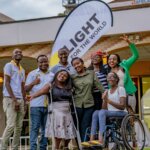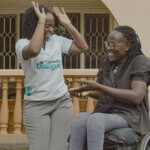- Disability Rights
Organisations of people with disabilities play an essential role in advocating for and protecting national, regional, and international disability rights. In this article, we share successes and lessons learnt, alongside partners, in the process of establishing a national union of OPDs in South Sudan.
What are OPDs?
Organisations of people with disabilities – OPDs, and sometimes referred to as DPOs – are the representative bodies of people with disabilities and central to all the work we do at Light for the World.
Led, directed and governed by people with disabilities, they work to promote and defend the rights of people with disabilities. They reflect and represent the diversity and intersectionality of people with disabilities and exist on all levels, from local and national organisations to international OPDs.
Forming a national union of OPD in South Sudan
“We have been working in South Sudan since 2007 to promote inclusive education, economic empowerment, and humanitarian action. During that time and beyond, we have persistently advocated for, and raised awareness of, the rights of people with disabilities,” says Sophia Mohammed, Country Director for Light for the World South Sudan.
“The road to disability inclusion in South Sudan has not been easy, with many challenges along the way, not least the outbreak of conflict and climate-crisis related disasters.”
To ensure disability rights came into focus throughout the country first ideas to form a union of OPDs in South Sudan emerged in 2012.
Previously there was no unified movement led by people with disabilities in South Sudan. OPDs had different mandates, with no common approach to advocate for the rights of people with disabilities.
Long-term engagement, expertise, individual and organisational support, and collaboration with OPDs and government stakeholders led to the official registration of the South Sudan Union of Persons with Disabilities (SSUPD) in September 2020.
The eight founding members of SSUPD:
- South Sudan Women with Disabilities Network
- South Sudan Association of Visually Impaired
- South Sudan Association of the Deaf
- Jubek State Union of the Physical Disabled
- Equatoria State Association of Deaf
- Jubek State Association of People affected with Leprosy
- South Sudan Wheelchair Basketball Association
- Jubek State Union of Visually Impaired
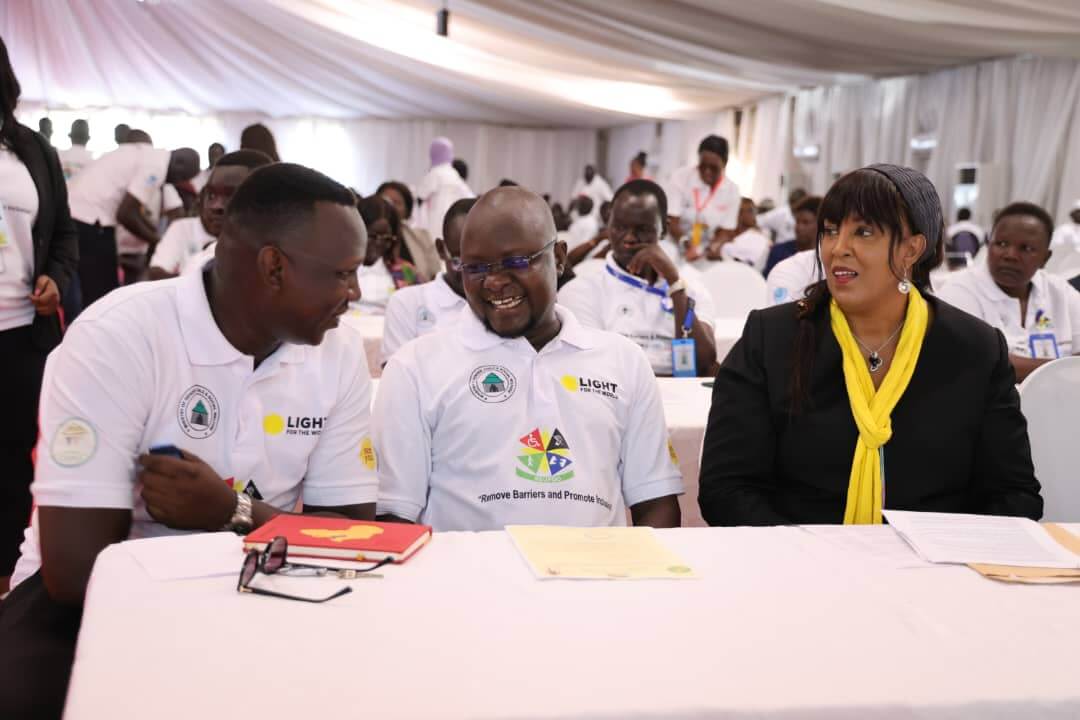
Working together for change
Since its formation, SSUPD represents eight members and has achieved several disability inclusion successes in the country.
Now representing people with disabilities from all corners of South Sudan, SSUPD has grown in both size and diversity. It is a member of the African Disability Forum and partners with national and international organisations.
Esther Ikere/Undersecretary of Ministry of Gender, Child and Social Welfare office “One of the success stories of the SSUPD is it enabled the vision and mission of individual OPDs, partners and others to shift their thinking for plans and programmes from focusing only on working for people with disabilities to working with people with disabilities.”
SSUPD has gone from strength to strength – with the recent signing and ratification of the UN Convention on the Rights of Persons with Disabilities by South Sudan a huge success for disability rights across the country.
A unified movement in South Sudan: what can we learn?
The formation of the Union has been a huge success for disability rights.
So, what do we think is necessary to create a unified national OPD?
- Involving people on all levels was important to create individual, organisational and system-level change. SSUPD and Light for the World engaged with individuals – such as disability inclusion facilitators – as well as organisations and other stakeholders to strengthen communications, advocacy and management capacities.
- Legal guidance ensured the establishment of the union could take place. And its formalisation has led to greater professionalism, an established office space, a strategic plan and a growing number of staff members.
- Both financial and human resources and diversified expertise were necessary to support capacity strengthening. This included drawing important knowledge and expertise from a variety of sources.
- Support and involvement from government officials was necessary to register SSUPD, create national recognition and increase legitimacy.
- Finally, patience and determination were two essential ingredients in creating a united movement for long-term change.
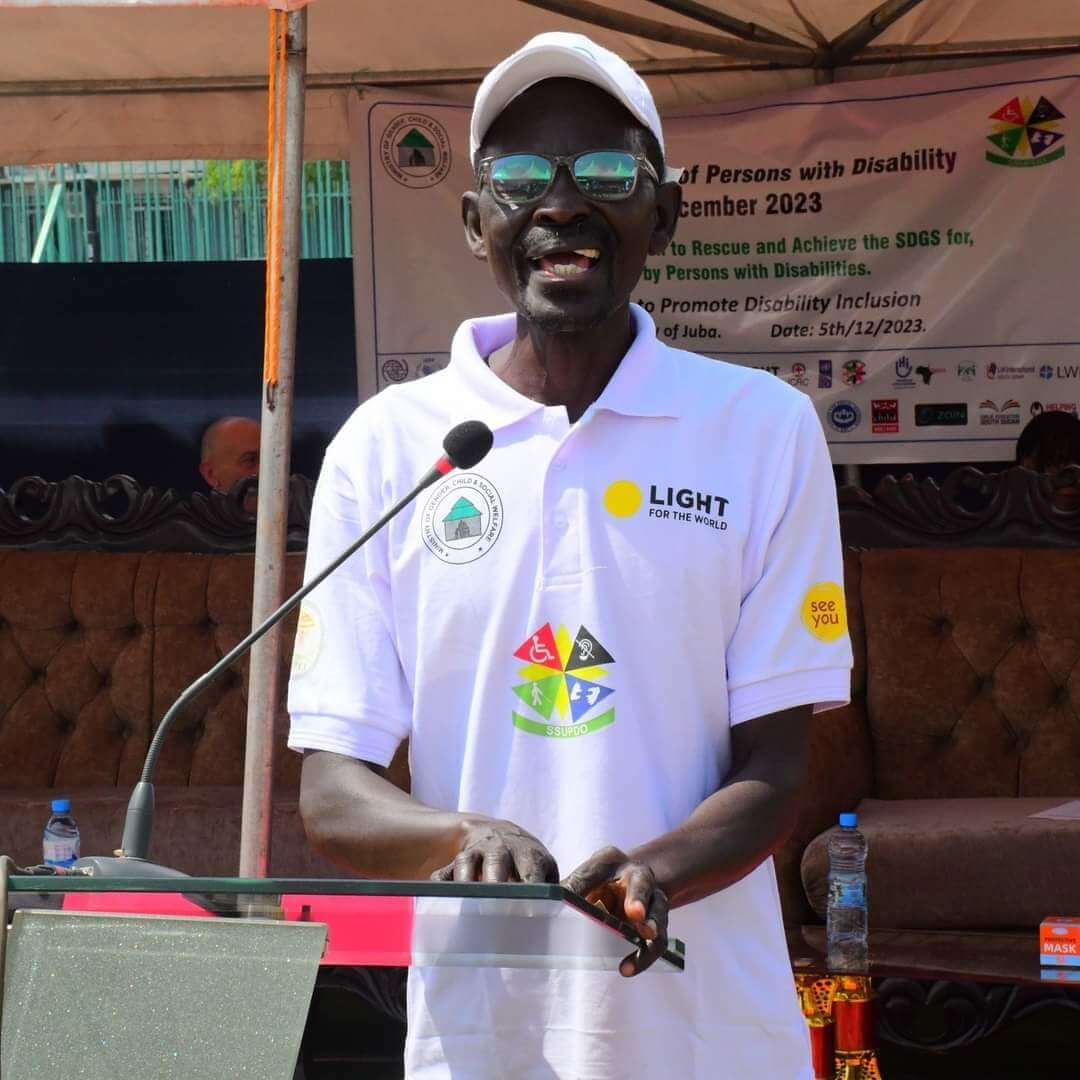
Next steps for disability inclusion
Despite recent major advocacy wins, people with disabilities still experience discrimination and their rights are often neglected. The disability movement and OPDs will need to grow further to make sure all rights are protected.
“With support of partners, OPDs in South Sudan should work to reach people with disabilities in rural areas,” says SSUPD. “Governments should ensure that they fully implement and comply with disability rights and should sign and ratify the African Disability Protocol.”
Over the next few years SSUPD will focus on advocacy and lobbying, economic empowerment, inclusive education, food security and livelihood and health care.
And Light for the World, alongside a growing number of partners, is committed to continue supporting SSUPD to achieve a disability inclusive society.
–
